Welcome to the 6th Best-ReMaP Newsletter
September | 2023
Welcome to the 6th newsletter of the Best-ReeMaP project (2020-2023), a Europe-wide Joint Action that seeks to contribute to an improved quality of food supplied to citizens of Europe by facilitating the exchange and testing of good practices. In this newsletter, you can read about our farewell to this remarkable joint action; a sneak-peak into the agenda of the project-closing conference in Paris on 18 September; an interview with Dr Marco Silano, explaining the impact and significance of WP4- Nutrition Policies; discover the latest core work package achievements, and read the introduction of the two upcoming joint actions that will build on and expand the Best-Remap results. Continue reading until the end to access a downloadable “gift” for children.
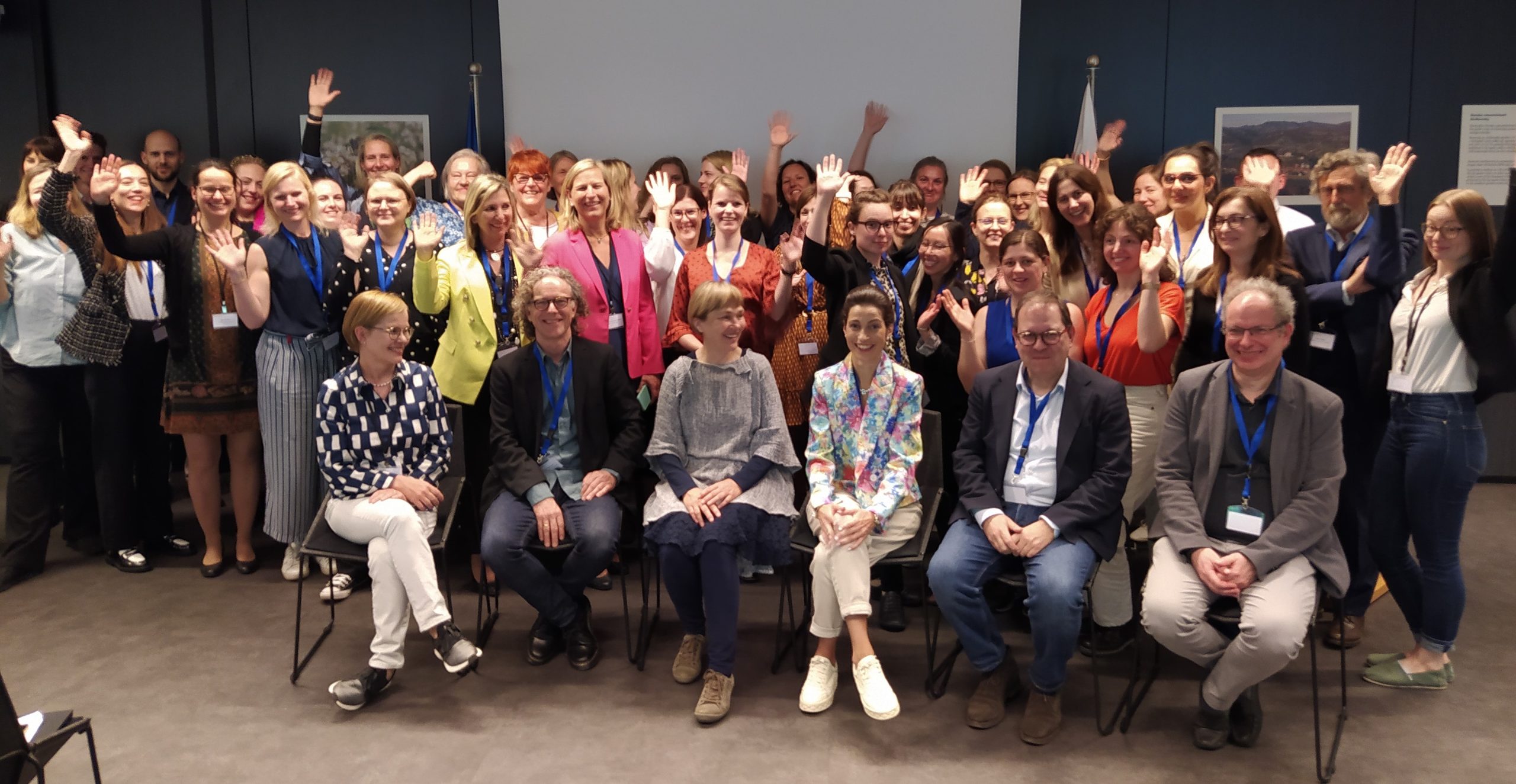
The Joint Action Best-ReMaP project brings together health and food policy authorities and other relevant stakeholders of the Member States to develop and implement impactful policies and practices on the ground.The main research areas focus on (1) food reformulation, (2) reducing food marketing to children and (3) public procurement of healthy food in public settings. In the last phase of the project experts and stakeholders gather to share results, key recommendations and lay the foundations for policy-makers to adapt, replicate and implement effective health interventions in Member States.
Saying Goodbye to a Remarkable Journey
BestReMaP Project Concludes in September 2023 – A message from the Communication Team
 It is with pride that we announce the closure of this project, culminating with the much-anticipated Final Conference in the city of Paris on 18th September. This event will be a platform where the impact of BestReMaP is revealed- demonstrating the dedication and collaborative spirit that has shaped this project over the last three years.
It is with pride that we announce the closure of this project, culminating with the much-anticipated Final Conference in the city of Paris on 18th September. This event will be a platform where the impact of BestReMaP is revealed- demonstrating the dedication and collaborative spirit that has shaped this project over the last three years.
Our social media channels remain a hub of activity, a place to gather the latest updates on the closing conference and other insights. Keep following us to stay informed and engaged as we take the final steps of this journey. Furthermore, we kindly urge readers to visit the BestReMaP website for the latest updates and to access the concluding key findings of the work packages.
Before we take our leave, we want to express our heartfelt gratitude to you, our esteemed readers and partners. Your support and engagement have been the driving force behind BestReMaP’s success, and for that, we are truly thankful.
Finally, we strongly recommend exploring analogous projects and initiatives, as fostering collaboration in addressing the subject of nutrition and combating childhood obesity serves as a shared objective. Explore how FEAST aims to catalyze Europe’s transition to a food system that brings major gains for people, the planet, and the public and private sectors; take a closer look at PLAN’EAT, an applied research project that aims to (1) better understand how environmental, social, cultural and individual factors affect people’s food choices and (2) co-design interventions to effectively reverse trends in dietary behaviour. In addition, School food4change, Buy Better Food, COACH, FoodTrails also work eagerly to create a better food environment for the European citizens.
With sincere appreciation,
WP2 Team
Conference in Paris 18-20 September 2023
We are thrilled to bring together all of our project partners and stakeholders to celebrate the achievements and impact of our joint action. The full-day conference on 18th of September will be followed by General Assembly meetings from 19-20 September, during which project partners will discuss and analyze project findings at thematic workshops, and the 3-day event will be concluded by a Steering Committee Meeting.
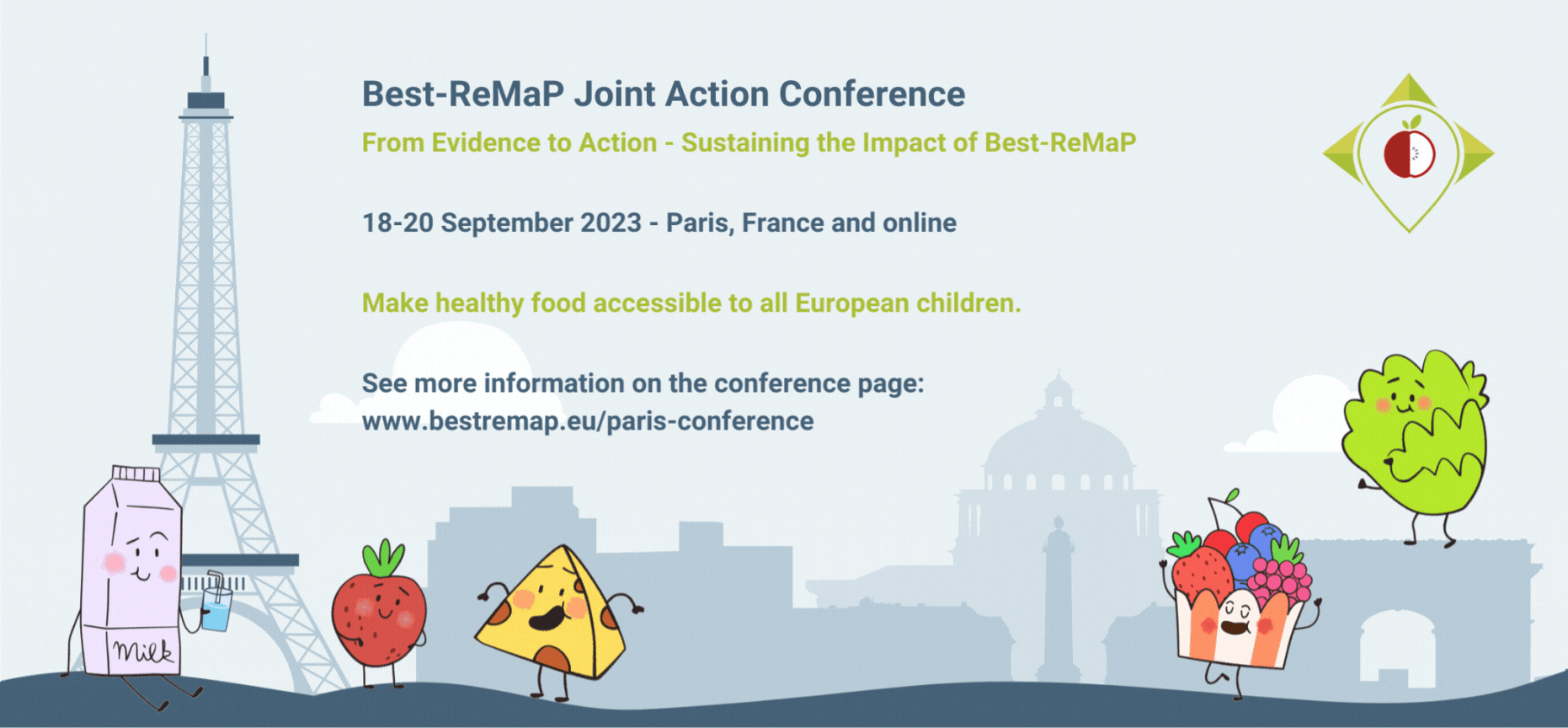
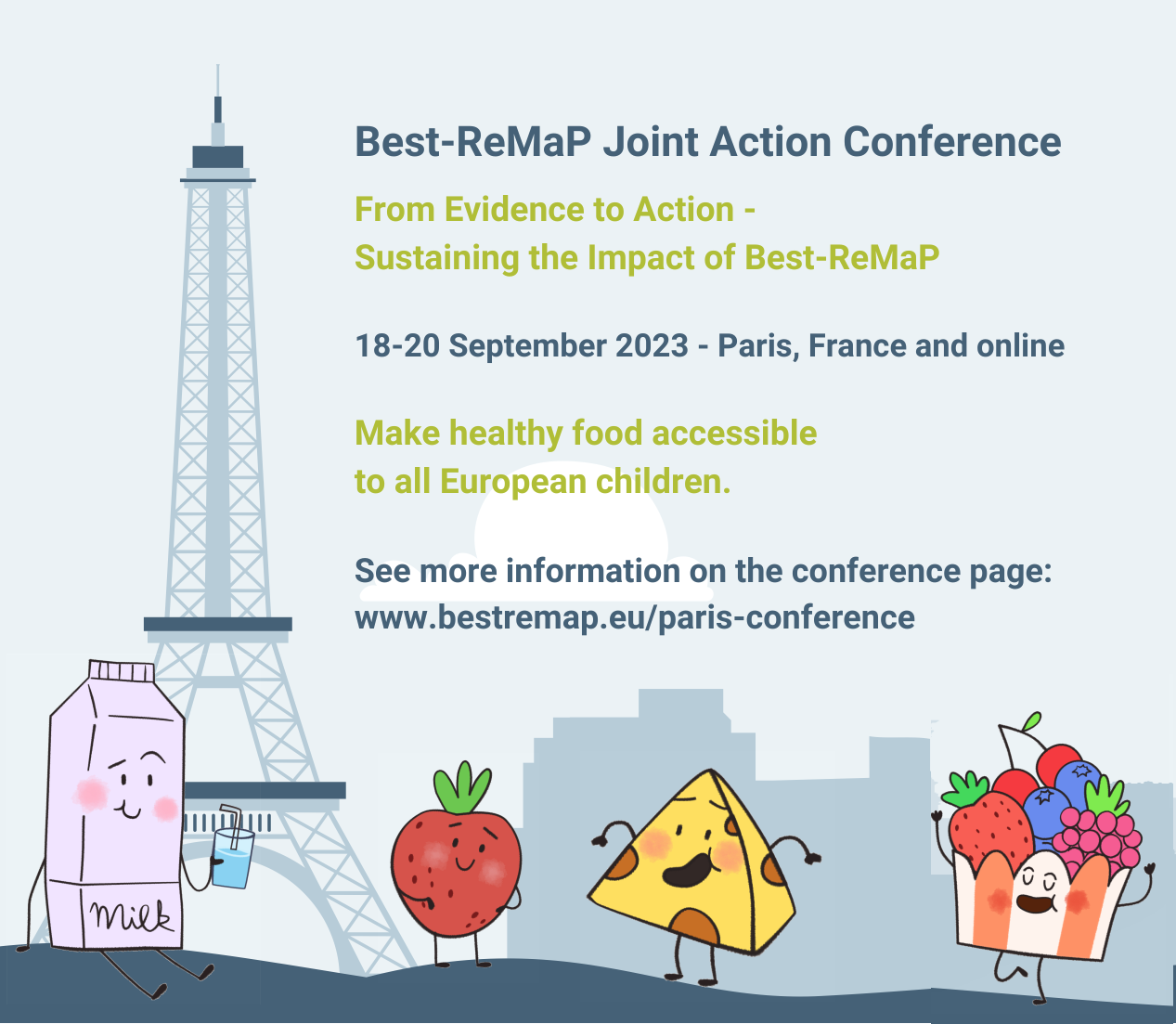
The first day’s agenda features keynote speeches, presentations, and panel discussions on topics such as food monitoring, reducing unhealthy food marketing to children, sustainable food procurement, social inequalities in children’s health, and future strategic orientations. The event also includes the launch of the FABLE tool for food offer monitoring, insights from the OECD, and a presentation on the new Joint Action on non-communicable diseases. The conference aims to foster informed policy-making and concludes with closing remarks a guided sightseeing tour in the marvelous city of Paris and a working dinner.
For pre-reading recommendations, useful information about the venue and transportation- related issues visit our website.

Interview with Dr. Marco Silano
For this issue of the BestReMaP newsletter, we have conducted an interview with Dr. Marco Silano from ISS, Italy, leading the policy development of the project in the last three years. Please find his valuable insights and ambitious vision below.
WP2: Could you share how you feel the BestReMaP project has contributed to addressing the specific health issue of childhood obesity it targeted?
Marco Silano: The BestReMaP project has made significant steps in addressing childhood obesity. During the project’s three-year duration, we organized national stakeholder events across partner countries, which served as platforms for sharing information, progress, and fostering intersectoral dialogue. This allowed ideas, interests, and needs to be expressed and discussed on a European scale. Additionally, our regional and plenary Policy Dialogue sessions facilitated discussions with high-level policy and decision-makers, enabling us to present key findings and tackle the challenges and facilitators of our three research areas. The dedication of our participating partners has been instrumental in battling the obesogenic environment in Europe, and the project’s key results and documents will provide valuable evidence for future policy-making at both the national and European levels.
WP2: It sounds like BestReMaP has been quite effective in its mission. However, were there any challenges or obstacles that arose during the project’s implementation, and how were these challenges overcome?
Marco Silano: Indeed, we did face some unexpected challenges. One significant challenge was the cultural and legislative diversity among our partner countries, which made it difficult to implement best practices uniformly across all three project areas. To address this, we emphasized flexibility and customization in our approach. We worked closely with each partner to adapt strategies to their specific contexts while maintaining the overall project goals. This approach allowed us to navigate the complexities of diverse environments effectively.
WP2: Could you highlight some key accomplishments or milestones achieved throughout the project’s duration?
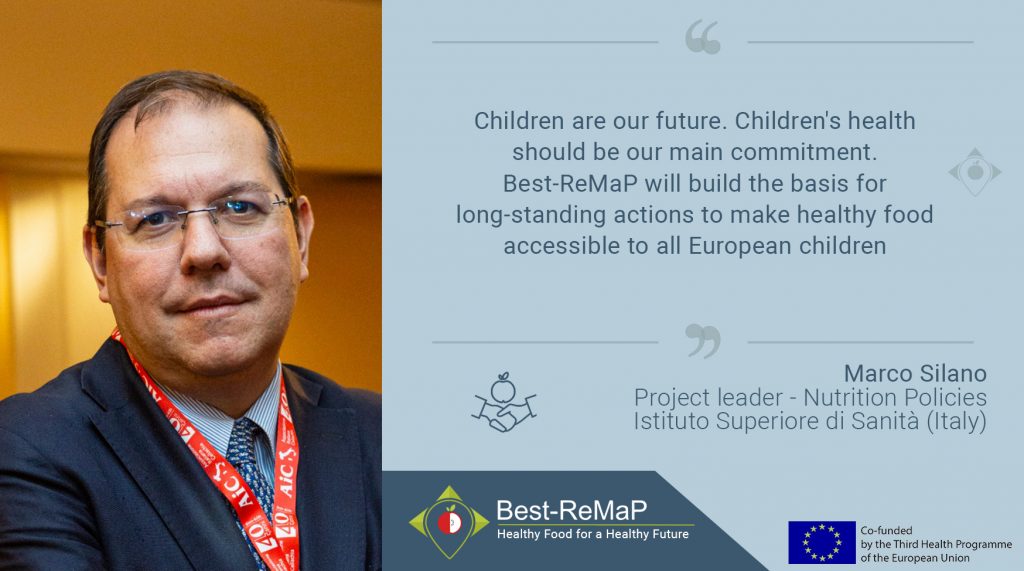

Marco Silano: We achieved several key milestones during BestReMaP’s duration. One of the most notable accomplishments was the organization of policy dialogues, which brought together stakeholders from different sectors to discuss and shape policies related to childhood obesity. Additionally, our analysis of public health policies revealed success factors and barriers, providing valuable insights for future initiatives. Moreover, our survey of policies in the field of public health, food, and nutrition across participating member states highlighted the rich diversity of interpretations and progress, indicating the readiness of countries to address unhealthy nutrition challenges.
We also drafted a Food System Sustainability Scoreboard advocacy paper, advocating for the integration of food sustainability indicators into European policies. This initiative aligns with the European Green Deal and Farm to Fork goals and aims to create a healthier and more environmentally conscious Europe.
WP2: Before we conclude, could you provide some insights into the project’s future plans, especially regarding the sustainability and integration of its outcomes?
Marco Silano: Certainly, the sustainability of our efforts is a top priority. To this end, our WP4 team with the continuous support of EuroHealhNet experts has been working on gathering knowledge, analyzing evidence, and gaining a deep understanding of the sustainability aspects of the Joint Action’s outcomes. This work will culminate in the “Report on sustainability and integration in national policies,” which we plan to launch by the end of 2023, coinciding with the conclusion of the Joint Action.
This report will describe which results from BestReMaP will be further developed, consolidated, and integrated into national policies. Moreover, it will specify the institutions responsible for leading these consolidation and integration processes. This plan is critical for ensuring that our work continues to have a lasting impact on addressing childhood obesity and related health issues in Europe.
WP2: Those milestones are impressive. Finally, what recommendations would you provide to other project leaders working on health policy initiatives, especially those addressing similar health challenges?
Marco Silano: Based on our experience with BestReMaP, I would recommend the following to other project leaders:
- Foster collaboration: engage stakeholders from various sectors and levels of government to ensure a comprehensive approach to health policy initiatives.
- Data-driven decision-making: invest in thorough analysis and data collection to identify success factors and barriers, helping to shape effective policies.
- Continual engagement: maintain ongoing dialogues with stakeholders and partners to ensure sustained support for health policy initiatives.
WP2: We appreciate your dedication to this important cause, thank you for sharing your vision of the project’s sustainability and long-term impact. We look forward to seeing the results of your continued efforts.
Project highlights by technical work packages/relevant news

WP4: Understanding Health Equity Impact: Literature Review; written by Tim Lobstein, Policy Director for the World Obesity Federation
We encourage our readers to delve into the social implications of the BestReMaP project by exploring the concept of health inequities and their role in shaping health policies, with a focus on the application of policies related to food marketing restrictions, food reformulation, and food procurement.
What Are Health Inequities?
Before we dive into the heart of the matter, let’s clarify what we mean by health inequities: health inequalities refer to differences in health status between various population groups stemming from various causes. However, health inequities are something more specific. They are disparities in health that are deemed “unfair, avoidable, and remediable” because they primarily hinge on the social determinants of health. These determinants, such as socio-economic status, education, and access to healthcare, can be improved through intentional policy measures.
The Focus
This document serves as a review of research and policy literature, created to guide the BestReMaP Joint Action on the crucial role of health inequities in shaping health policies, particularly regarding food-related initiatives. The approach is two-fold:
- Assessing Equity Criteria: a preliminary review was conducted to identify potential criteria for assessing the equity of policies.
The Aim
The primary goal is to provide guidance to policymakers to understand the implications of the Best-ReMaP project:
- Reducing Health Inequities: the aim is to demonstrate how these three policy areas can contribute to reducing health inequities. By identifying the potential disparities created or mitigated by these policies, we can work towards a fairer and more equitable healthcare system.
- Evaluation: This document serves as a narrative review of assessment criteria suitable for evaluating the equity impact of food-and nutrition-related policies. It also includes three narrative reviews, each focused on one of the specific policy areas, providing a comprehensive overview of their effects on health equity.

In conclusion, understanding health inequities is an integral part of our mission within BestReMaP. By recognizing and addressing these disparities, we hope to contribute to a more equitable, accessible, and healthier future for all. Stay tuned for more updates on our progress and findings in the coming months.
Summary of evidence briefs, using the BRM framework each core WP are available here:
https://bestremap.eu/wp-content/uploads/2023/05/Reformulation-sheet.pdf
https://bestremap.eu/wp-content/uploads/2023/05/Marketing-sheet.pdf
https://bestremap.eu/wp-content/uploads/2023/05/Procurement-sheet.pdf
For the full read, please visit:
https://bestremap.eu/wp-content/uploads/2023/05/Health-equity-impact-literature-review_TLobstein_v3.pdf

WP5: Best-ReMap input lives on in FABLE database
At the Best-ReMaP’s policy event in Brussels, attendees got a sneak peek of the Commission’s newest tool, the Food And Beverages Labels Explorer – or FABLE. FABLE is a web-based nutrition information tool provided by the Commission’s Joint Research Centre. As well as the Best-ReMaP data, it also hosts data from previous EU projects, like Euremo and JANPA. FABLE gives Europe’s citizens and organisations the chance to:
- monitor the nutritional quality of the food offer, which can
- incentivise reformulation efforts and lead to an improved food offer, thereby
- making healthier choices more available to consumers.
Jan Wollgast, representing JRC, will officially launch the FABLE website during the Best-ReMaP Conference in Paris on 18 Sept. (Preliminary schedule: 15:00 CET). Don’t miss this historic moment, follow the event online and join the live stream (link will be published on the conference website https://bestremap.eu/paris-conference/).
For further documents, achievements, and the Final report on Food Reformulation, please visit our website/results page.

WP6: Report on pilot EU-wide harmonized and comprehensive monitoring protocol for unhealthy food marketing – available here
Report (namely D6.3) documents the process and findings of the piloting programme of the draft EU-WHO Monitoring Protocol, developed and piloted as part of Work Package 6.4 of Best ReMaP. A total of 25 projects from 14 member states contributed to the piloting.
The pilot evidenced the utility of these monitoring protocols as tools to measure children’s exposure (actual or potential) to unhealthy food marketing through major channels (Internet, TV, outdoor) while also identifying challenges, mostly for digital marketing and particularly with measuring children’s actual exposure to unhealthy food marketing on their personal digital devices.
The main implementation challenges reported by the member states were:
- Low resources (funds, people, time available to run these studies)
- Lack of expertise in the topic
- Problems encountered or expected in ethical methodology to study digital marketing (actual exposure)
Additionally, two WP6 monitoring workshops (May 2022 and June 2023) provided hands-on training in using the EU-WHO monitoring protocols, sharing experiences and articulating the support needed to successfully implement an EU-wide, comprehensive and coordinated, regular monitoring programme.
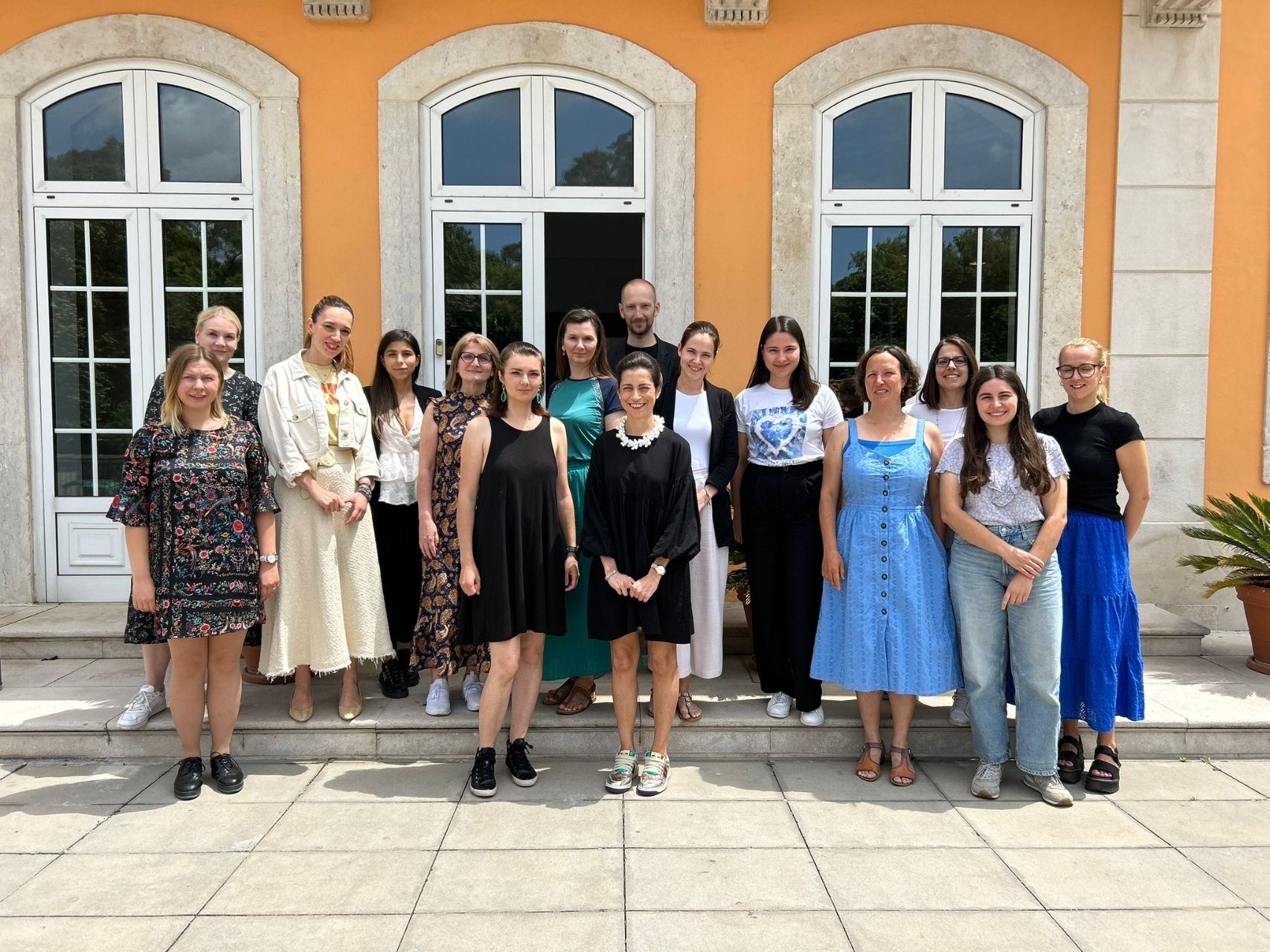

WP7: Public Food Procurement: Case study highlights
WP7 project partners have recently completed a series of case studies to gather feedback on the pilot implementation of the catalogue. These studies have revealed a number of challenges and opportunities for Public Food Procurement in the EU as listed below:
Challenges
- Need for better coordination between different stakeholders involved in PFP. This includes ministries, educational directorates, administrative entities, and international organizations.
- Need for more accessible and user-friendly PFP tools. The current tools available are often complex and difficult to use.
Opportunities
- Potential to support local producers by sourcing food from within the EU.
- Inter-sectoral collaboration: working together with a range of different stakeholders, such as food providers, public institutions, and civil society organizations.
The Best ReMaP project is an important initiative that has the potential to make a real difference to the health and well-being of children in the EU. The case studies have provided valuable insights into the challenges and opportunities for PFP in the EU. The project partners are working hard to develop a framework for action that will help to overcome these challenges and realize the opportunities for PFP.
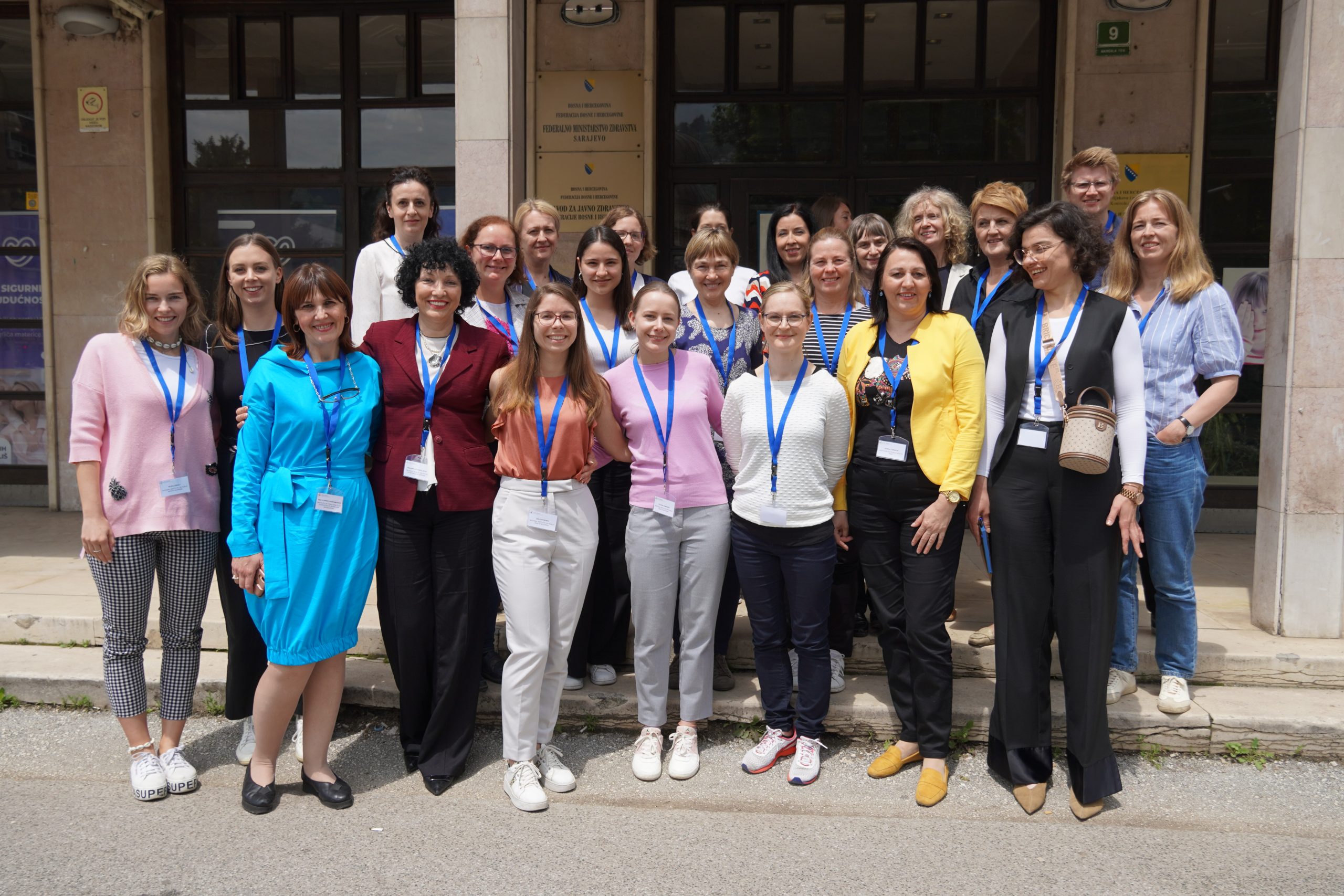
Legacy of Best-ReMaP: Introducing the two upcoming joint actions
Prevent NCDs
The aim of the Joint Action is to support strategies and policies designed to reduce the burden of cancer and other non-communicable diseases. Cancer and other NCDs constitute a large proportion of the total burden of disease in Europe, and a large part of this disease burden can be prevented. The objectives of the Joint Action include improving joint capacities of Member States to plan and implement cancer and other NCD prevention policies and activities both at a national, regional, and local level; to improve data and the monitoring system for cancer and other NCDs and their common risk factors. It also aspires to contribute to reduced social inequalities in cancer and other NCDs. Furthermore, the project is aiming to engage with and support key actors in the field of cancer and NCD prevention, including decision-makers at all levels of government, civil society organizations, professionals, the general population, and patients’ groups to facilitate cooperation and joint efforts.
The Joint Action allows the participating countries to have a real impact on the development of public health policies in the EU and strengthen the collaboration within the region. The Joint Action will be a four-year process starting in January 2024. The project includes 20 participating countries, along with Iceland, Norway and Ukraine, and will be coordinated by Knut Inge Klepp and the National Institute of Public Health, Norway.
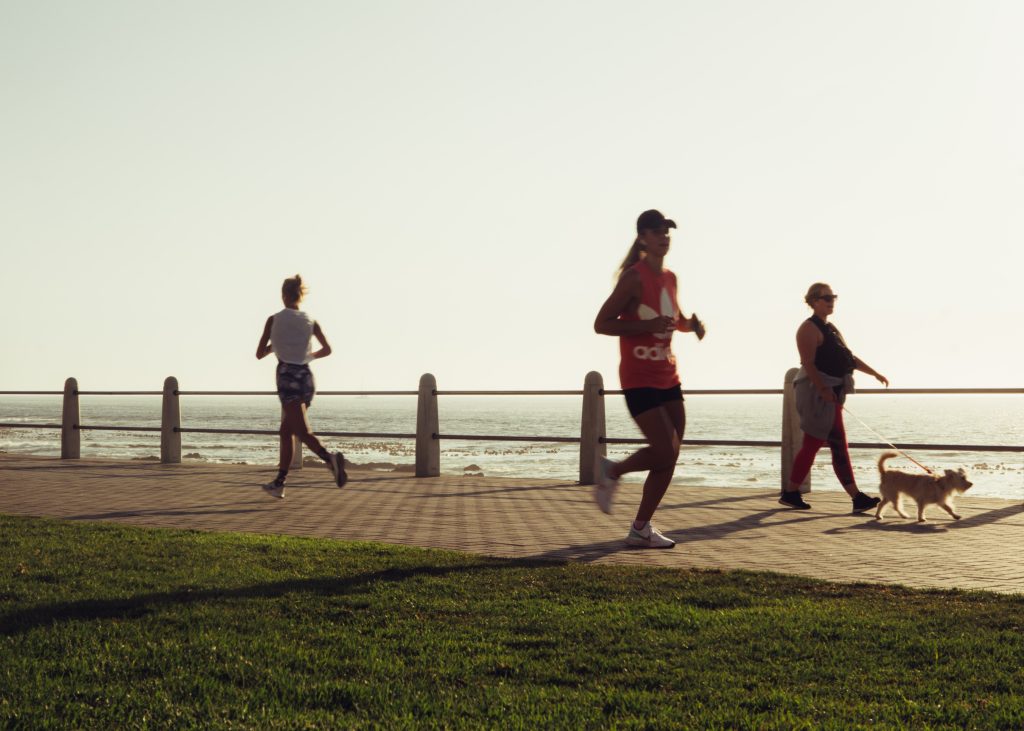
JACARDI
The Joint Action on Cardiovascular Diseases and Diabetes (JACARDI) is a major project of the European Union to face the challenges of cardiovascular diseases and diabetes in specific. The project aims to support EU countries to reduce the burden of CVD and DM and related risk factors, both at individual and societal level, while assuring health systems sustainability and equity. JACARDI will enhance and promote the implementation of (cross-sectional) best practices, and pilot testing of innovative practices throughout the whole ‘patient’ journey. About 120 pilots in the 6 core work packages will address different areas of intervention: 1) health literacy 2) data/registries 3) screening 4) care pathways 5) self-management 6) labour market integration.
Elements and principles of the pilots will be taken primarily from the best practices identified in the EC Best Practices portal as well as from previous projects such as in JA CHRODIS, JA CHRODIS PLUS, JADECARE and/or current projects/practices.
The JA has a strong policy relevance as it will support EU countries in implementing new evidence-based policies and actions on prevention CVD and DM, empowerment of patients, and cost-effective disease management.
Under the leadership of the Italian Istituto Superiore di Sanitá, with 22 participating countries JACARDI will take 4 years to complete starting in November 2023.
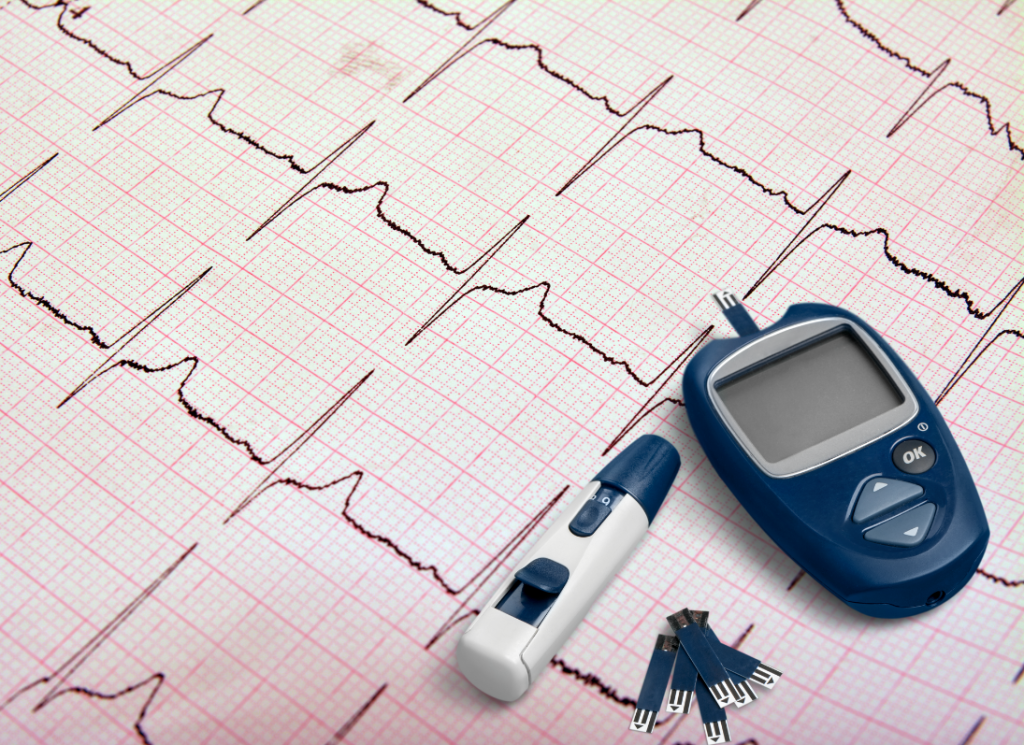
Coloring/Activity book for the youngest generation
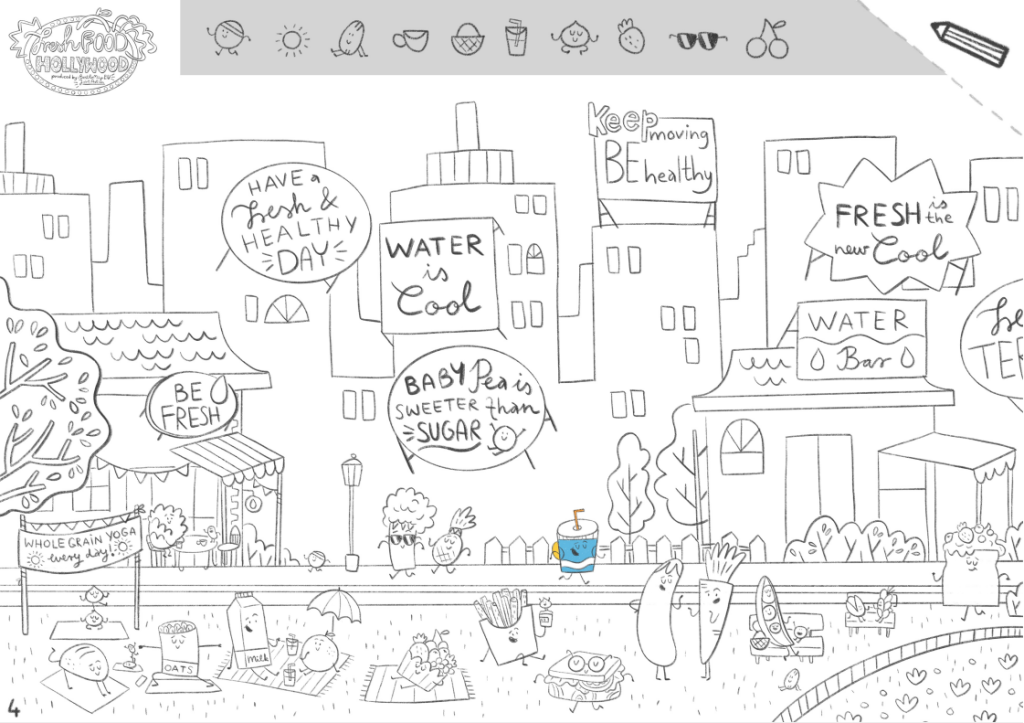
While project partners have been working tirelessly on creating a better food environment for children across Europe, the direct impact and results of their efforts will be realized later in the future. In order to provide something practical for our target audience, we have created a downloadable activity book based on the educational video on healthy eating and resisting the influence of fast food marketing, tailored to the needs of children between the ages 3-8. The booklet was designed with these pedagogic aims in mind:
- facilitating a health-conscious thinking and behavior
- improving skills like eye-hand coordination, fine motor skills
- reduction of screen-time by engaging in a manual/creative activity.
Do you have a child, relative, neighbour, or acquaintance in this age group? Do you know any kindergarten teachers? If so, we invite you to follow this link, download, print, and share the booklet with others as we collectively work towards a healthier and less obesogenic environment for the next generations.
We’re on social media
To stay up to date with the latest developments of the Best-ReMaP project and to get interesting information about what’s happening on the nutrition front in the EU, sign up for our newsletters and follow our social media channels.

The content of this website represents the views of the author only and is his/her sole responsibility; it cannot be considered to reflect the views of the European Commission and/or the European Health and Digital Executive Agency (HaDEA) or any other body of the European Union. The European Commission and the Agency do not accept any responsibility for use that may be made of the information it contains.
